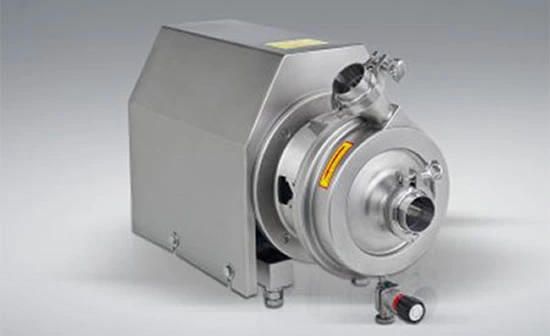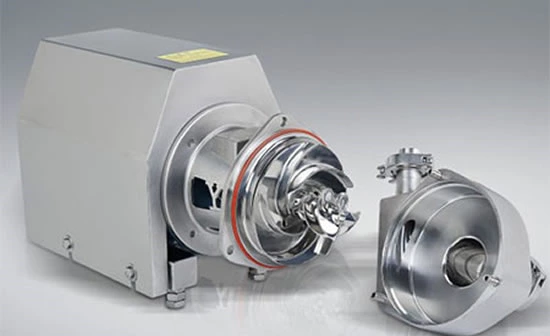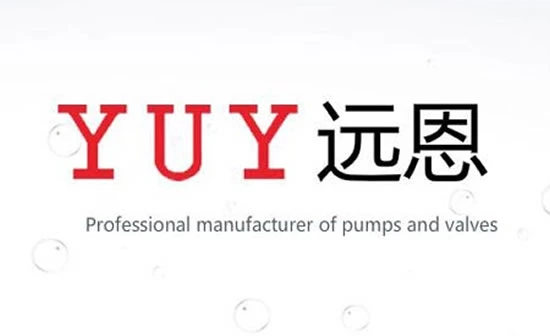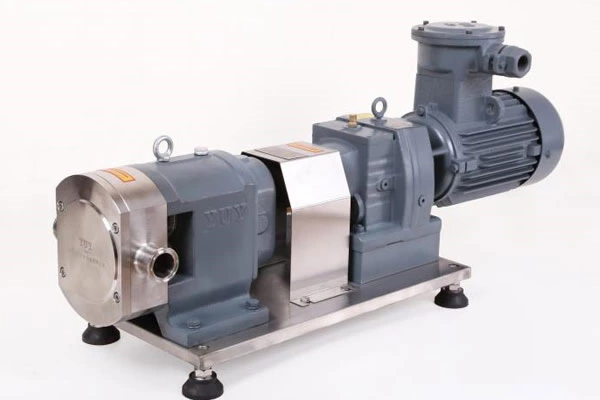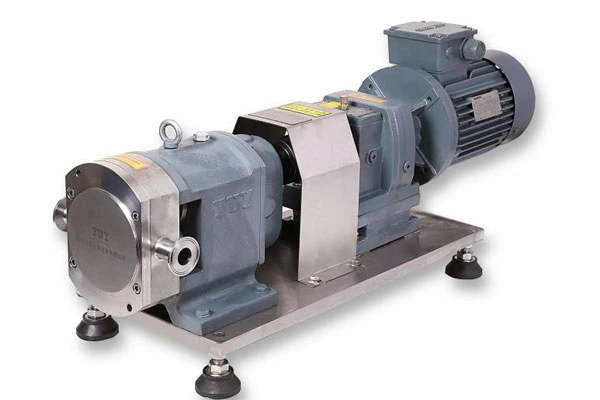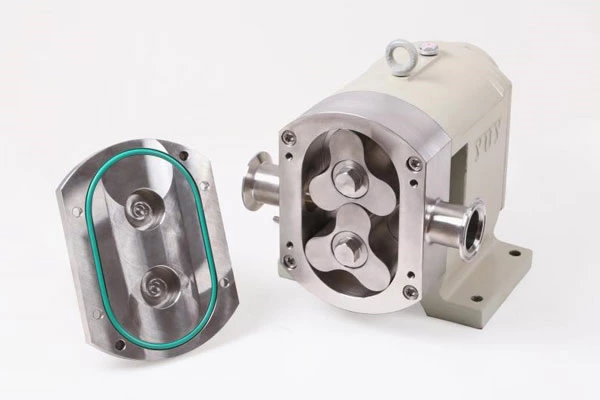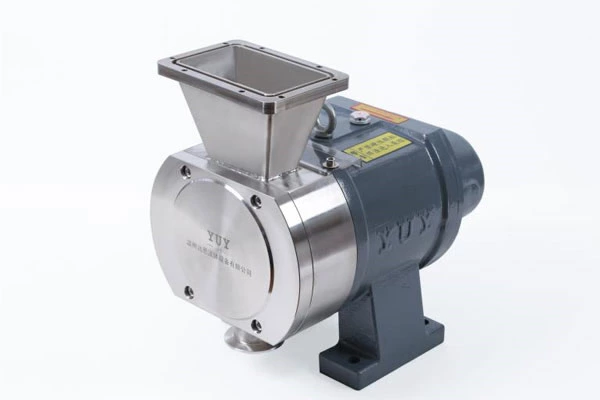Installing a sanitary pump to determine the height of the pump is the key
The key to the installation technology of sanitary pumps is to determine the installation height of the pump. This height refers to the vertical distance from the water surface of the water source to the center line of the pump impeller. It should not be confused with the allowable suction vacuum height. The allowable suction vacuum height indicated on the pump nameplate or product manual refers to the vacuum value on the water inlet section of the pump, and It is measured under 1 standard atmospheric pressure; water temperature is 20 degrees Celsius. It does not consider the water flow after the suction pipe is installed. The installation height of the sanitary pump should be the value of the remaining part after the vacuum height is allowed to suck up and the loss of the suction pipe is deducted. It must overcome the actual topographic water absorption height. The installation height of the pump should not exceed the calculated value, otherwise, the pump will not be able to pump water. In addition, the magnitude that affects the calculated value is the resistance loss of the suction pipe. Therefore, it is advisable to use the shortest pipeline layout and install as few fittings as elbows. You can also consider appropriately matching larger diameter water pipes to reduce the flow velocity in the pipe.
It should be pointed out that when the elevation and water temperature of the pump installation site are different from the test conditions, for example, if the local altitude is above 300 meters or the water temperature being pumped exceeds 20 degrees Celsius, the calculated value must be corrected. That is, the atmospheric pressure at different altitudes and the saturated steam pressure when the water temperature is higher than 20 degrees Celsius. However, when the water temperature is below 20 degrees Celsius, the saturated steam pressure is negligible.
From the perspective of pipeline installation technology, the suction pipeline requires strict sealing, and no air or water leakage, otherwise it will destroy the vacuum at the water inlet of the pump, reduce the water output of the pump, and even fail to pump water in severe cases. Therefore, it is necessary to do a good job in the interface of the pipeline to ensure the quality of the pipeline connection.



